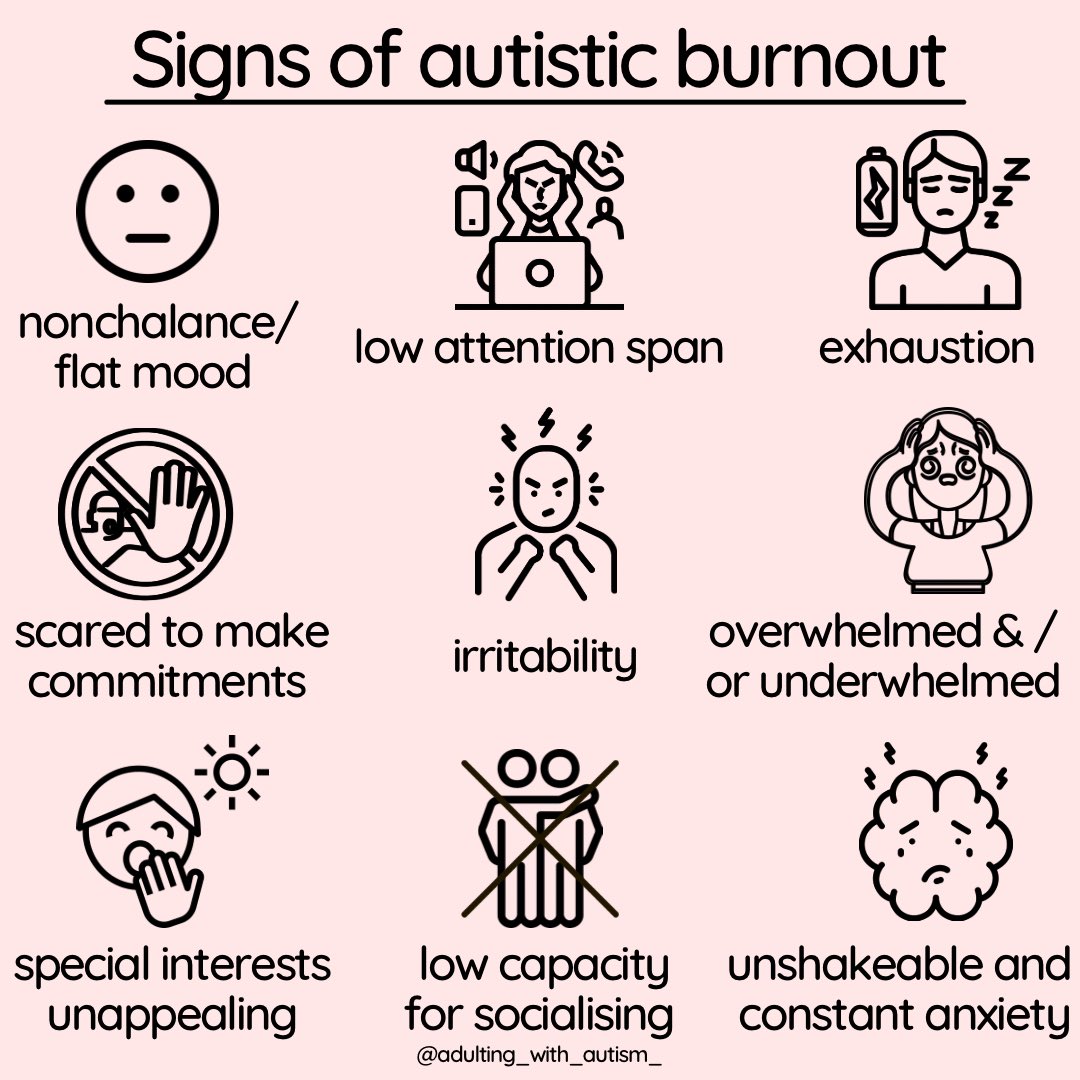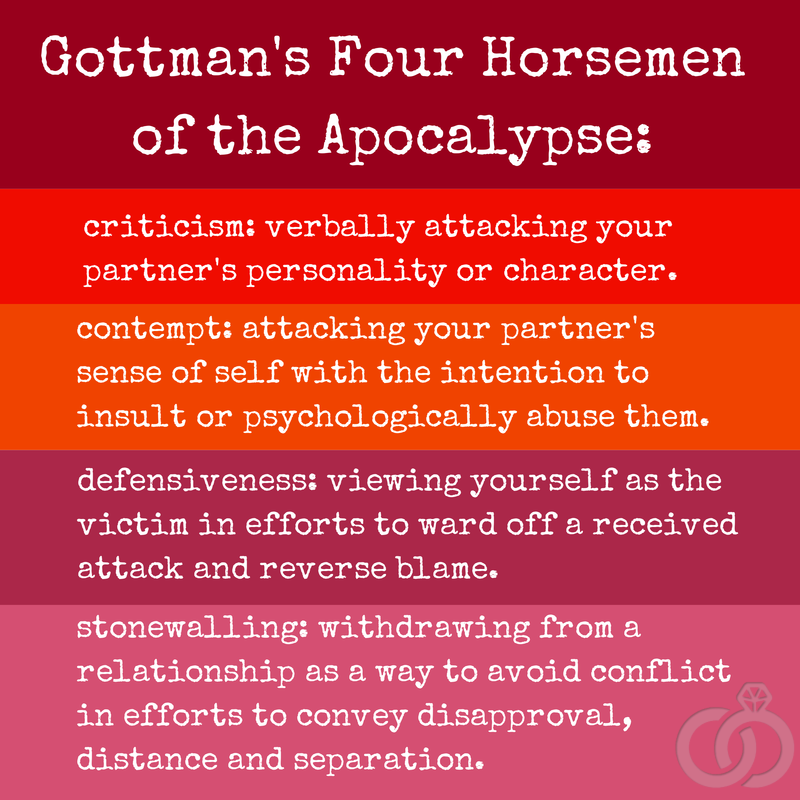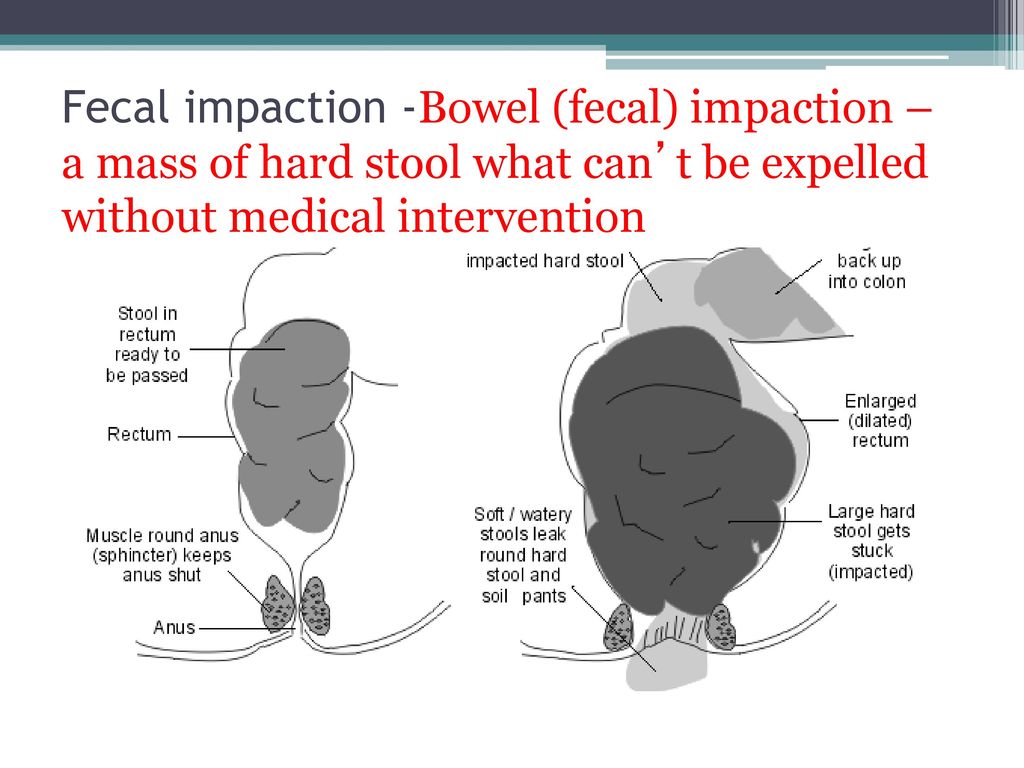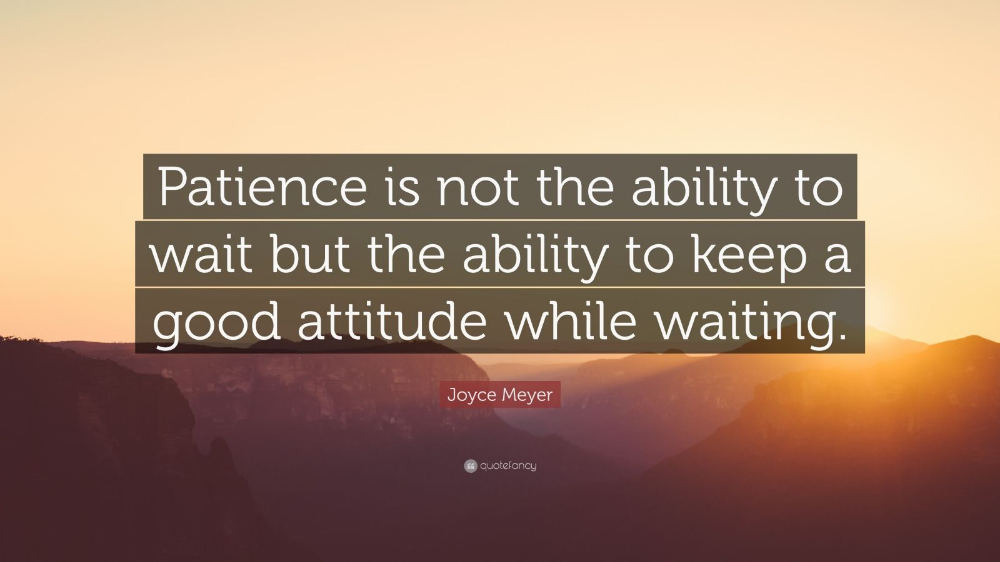Signs of a prideful person
How to Get Rid of Pride in Your Heart
Photo by Jason Blackeye11 Signs You Are PridefulHow do you know you are struggling with pride? What are the symptoms of being prideful? To help you answer these questions and get rid of pride in your heart, evaluate yourself by checking out the following signs:
1. You think you are humble.One of the signs that you are proud of is that you refuse to admit that you struggle with pride. Therefore, calling yourself “humble” is actually false humility.
To avoid this, stop telling yourself—or others—that you are humble. If that is true, then let others acknowledge that.
2. You do not accept constructive criticisms.Proud people have a hard time accepting failures. For this reason, they refuse to be corrected. They are offended whenever their behaviors or outputs are scrutinized.
Instead of being insulted, be thankful when others correct you because it will help you improve. But, remember, you are not perfect.
One sign of being proud is when you always want attention and appreciation. You feel like you are the center of the universe, so everyone should turn their eyes and ears to you.
If this is your case, then it is time to stop living in the illusion that everyone adores you. Do not think that you are more important than anyone else. Instead, try living a low-key life.
ALSO READ: How to Control Pride and Overcome Arrogance
4. You are vain about your physical appearance.Being obsessed about making yourself attractive is another hint of pride creeping into you. In connection with no. 3, vanity makes you flaunt your beauty, hoping that everyone will admire you.
It is okay to take care of yourself and evaluate your motive for being attractive. However, if it is to draw attention to yourself, maybe it is time to re-orient yourself about real beauty.
Whenever you go to an event, which kind of people do you usually want to sit with? Do you immediately look for the table where the “elite” sit around? If you think you only deserve professionals and “first-class” citizens for your friends and avoid hanging out with “low-level” people, then you are clearly prideful.
To get rid of this attitude, be equal in treating people. Make friends not according to social status, but the sincerity of individuals towards you. Associating with people who do not have any title attached to their names will not make you cheap.
6. You are fond of name-dropping.If you have the habit of talking about your connections with influential, rich, or powerful personalities, then you are certainly proud. Bragging about being connected with such people makes you feel entitled to yourself.
The people you talk with are probably annoyed listening about your “connections” already. If you admit you struggle with this, be more conscious of controlling yourself from talking much.
If you admit you struggle with this, be more conscious of controlling yourself from talking much.
Not listening to someone who is trying to teach you something is another sign of pride. It is either you think you know things already, or you think you know more than the person. It could also mean you consider him/her inferior to you.
Having a teachable heart is one trait of humility. Whether you seem more knowledgeable than the person trying to teach you or you actually know about the “lesson” already, make sure that you show respect by listening attentively and not trying to cut him/her off.
8. You do not listen to others’ advice.Prideful people are also stubborn. They think they know everything already, so they disregard the counsel of others. You are one of them if you brush off the advice of your parents, some elders, or anyone else.
Renew your character by starting to listen to your parents or the mature people surrounding you. Even if you disagree with what they say, give time to weigh your decision against their words of wisdom.
Even if you disagree with what they say, give time to weigh your decision against their words of wisdom.
ALSO READ: How to Have Wisdom from God According to the Bible
9. You do not like to be surpassed by anyone.Considering others as threats to your position, fame, and success is a result of pride. Your achievements could have gotten into your head already that you think you should always be the no. 1. Thus, when you meet people who have the potential to beat your accomplishments, you consider them as rivals.
Competition is only healthy if you compete with your past self. So instead of focusing on being ahead of others, why not focus on improving yourself?
10. You think you are too important to do mundane things.If you think your position is so high that you cannot pick up trash, help clean up, or serve others, that is definitely pride.
Do not let entitlement make you feel like you are more important than anyone else.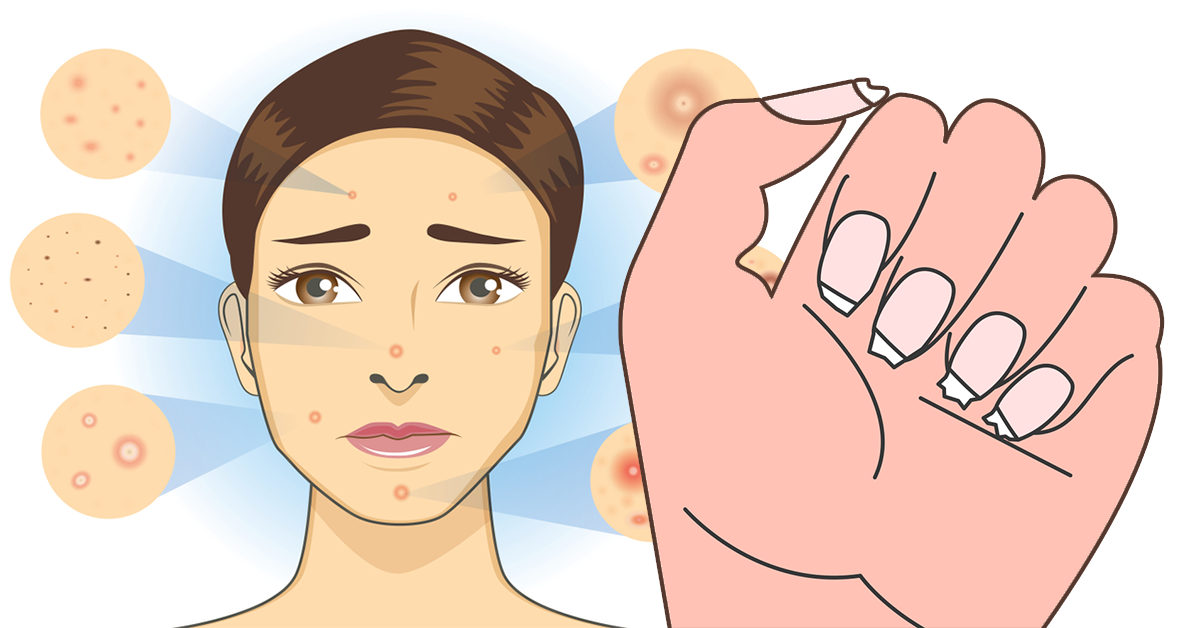 Great people are not afraid to serve those who are less fortunate than them.
Great people are not afraid to serve those who are less fortunate than them.
One symptom of pride that you should watch out for is being critical towards others, especially those you are insecure with. Pointing out their flaws makes you feel better about yourself and better than them.
Bitterness is the result of pride stepped on. Whenever you feel resentment towards someone who did better than you, keep yourself from thinking or saying bad comments about the person. Instead, give appreciation and be happy for him/her.
How to Control Pride and Overcome Arrogance
1. Identify the cause of your pride
2. Analyze and compare your pride in the reality
3. Seek feedback
4. Share credit and build others up
5. Admit your own mistakes
6. Be courteous to others
7. Forget the “I, me, myself”
8. Be optimistic
9. Be an active listener
10.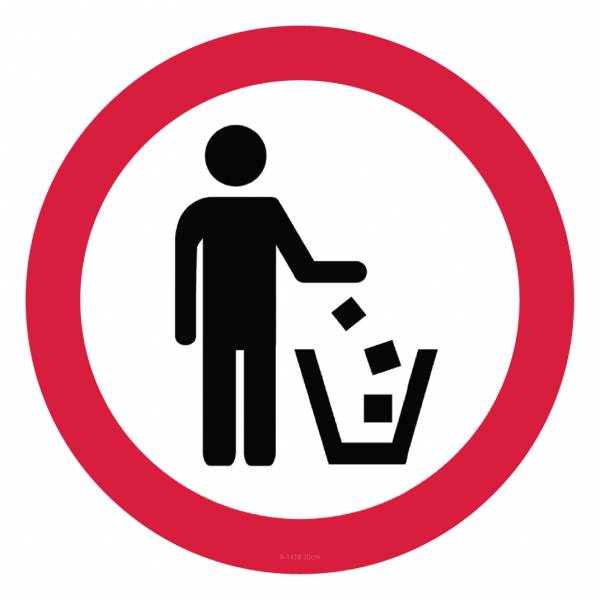 Convince yourself that it is a sin in you
Convince yourself that it is a sin in you
11. Look at the examples of humble people
12. Flee temptation
For the details, please visit: How to Control Pride and Overcome Arrogance
20 Ways to Get Rid of Pride Become a Humble Person
1. Do not compare yourself with anyone else.
2. Do not compete against anyone.
3. Acknowledge the strength of others.
4. Encourage those who are weaker than you.
5. Admit your mistakes.
6. Be willing to apologize if you have done wrong.
7. Practice sportsmanship.
8. Do not let appreciation get into your head.
9. Do not envy others.
10. Be content and thankful for what you have.
11. Put others before yourself.
12. Do not demand attention and respect.
13. Treat others like how you want to be treated.
14. Serve others.
15. Do not think highly of yourself.
16. Do not boast about your achievements.
17. Let others notice your strengths or positive traits.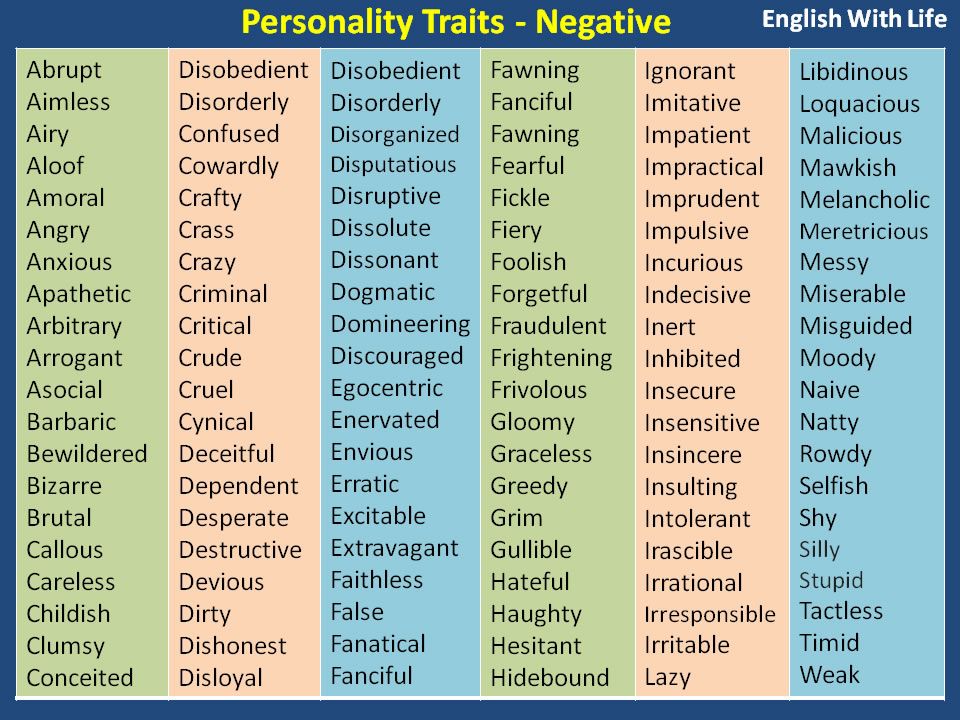
18. Submit to the authorities set above you.
19. Associate with those who are weaker or ‘lower’ than you.
20. Always thank those who help or serve you, even in small things.
Please visit How to Get Rid of Pride for the details.
Healthy Pride is Good
Not all pride is bad. It can be good.
Good pride is a healthy, positive attitude towards ourselves and our lives. It does not mean thinking we are better than others or that we should be treated differently.
1. Self-confidence is a good pride
We should be confident, not arrogant. Confident people are realistic. They know what they can do well and try to do it often, but they also recognize what they cannot do and try to avoid those things.
2. Self-respect is a healthy pride
This is the most important aspect of healthy pride. We should respect ourselves by respecting others. Treating others well helps us feel better about ourselves, while ignoring or mistreating others makes us feel worse.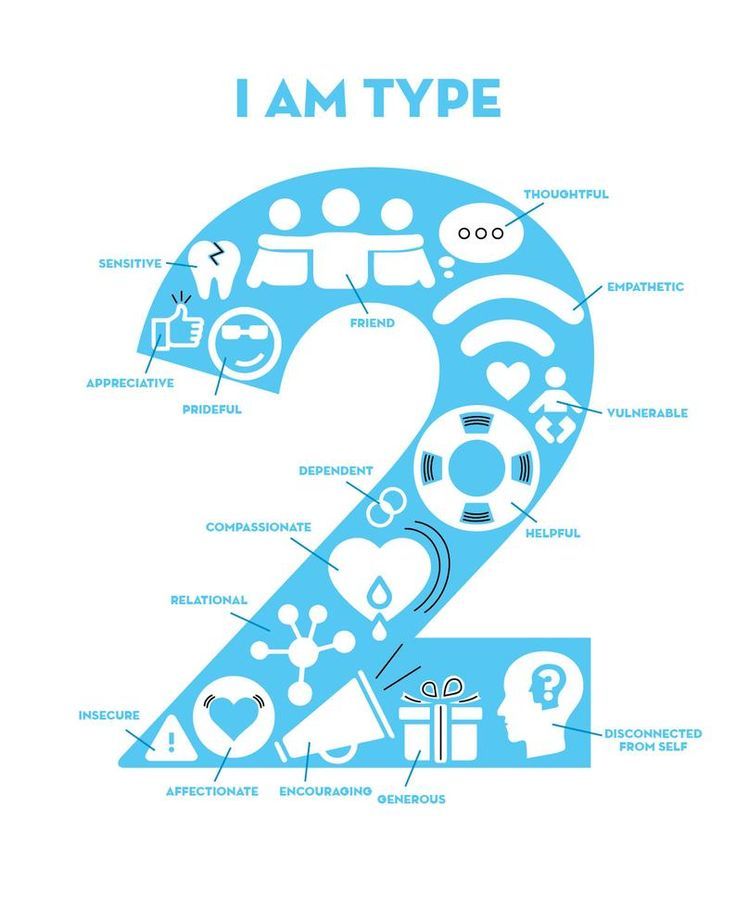
3. A positive outlook on life
If we believe our lives will be better in the future, we are more likely to make it so. Unfortunately, some people get stuck in their past and cannot see their lives getting any better. They have a negative outlook on life and feel trapped. This can be changed with some effort.
4. self-esteem
We all have things we are good at and enjoy doing. However, we also have bad habits or skills that we can improve. Self-esteem includes recognizing both of these sides to ourselves.
Healthy pride comes from within: we should be proud of what we accomplish without feeling that we deserve special treatment. Healthy pride comes from God: when he made us in his image, he gave us value and worth; he expects nothing less than excellence from us as well!
5. Optimism
Optimists believe that good things will happen in their lives if they work hard for them. Therefore, we tend to be more optimistic when working towards something worthwhile rather than just trying to get through the day without too much trouble.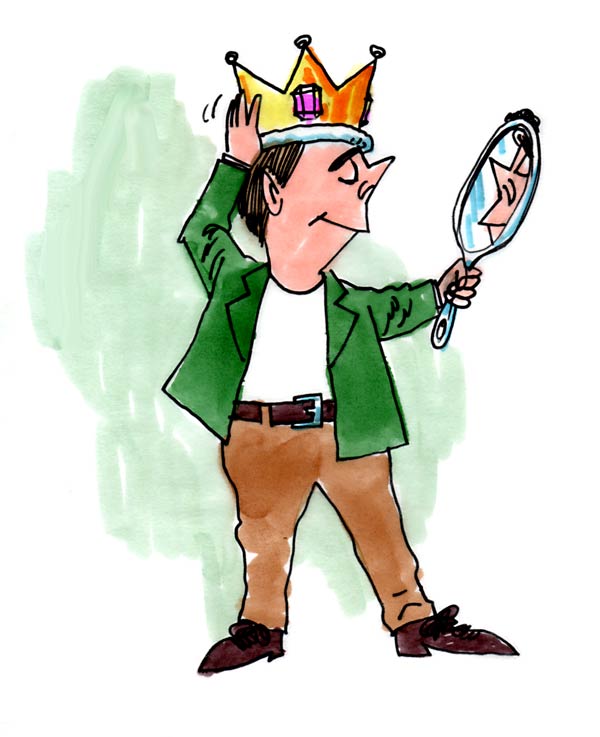
Achieving goals helps us feel more positive about ourselves and feel motivated to set new goals because of this success.
6. Those with healthy pride lead, motivate, and inspire others.
They do not use their success as a way to put others down. On the contrary, they want the good of everyone to be achieved and are willing to support the efforts of others towards this end.
These people are committed, involved citizens and positive contributors in all aspects of society.
They know what they are capable of, what they can achieve, so they try it. Others see this effort and self-confidence and want to be part of it, inspiring others to succeed in whatever way possible.
7. Being able to take care of yourself.
Healthy pride means taking care of yourself and being grateful for the opportunities you have been given in life. For instance: being thankful for your family, education, job, etc. Having healthy pride means that you do not need to compare yourself with others – you are enough on your own!
People with healthy pride can see their own flaws and weaknesses. They also have the ability to assess the value of others even more than themselves because they have a more realistic view of life.
They also have the ability to assess the value of others even more than themselves because they have a more realistic view of life.
Because of this, they can make focused efforts to help themselves, improve themselves as well as helping others achieve their goals.
This positive attitude allows us the freedom to pursue goals rather than just surviving or getting by on a day-to-day basis. In return, we may find happiness instead of sorrow when pursuing our ambitions!
What are the characteristics of an prideful person?
1) Being unthankful.
Proud people are always asking for more than they have been given. Unfortunately, they consider whatever they receive as little and not enough, so they are never satisfied or contented with what they have.
They think they deserve everything good that happens to them. When they get something, they regard it as a right, not a gift from others. As a result, they don’t appreciate what others do for them.
When people are grateful, they appreciate and acknowledge what others do for them. Proud people overlook gratitude or do not have the attitude of appreciation. They don’t think about their family members as those who care and try to help them; instead, they only think about themselves.
Proud people overlook gratitude or do not have the attitude of appreciation. They don’t think about their family members as those who care and try to help them; instead, they only think about themselves.
Their thankfulness is for themselves.
2) Being arrogant.
Proud people put themselves above others and treat them with arrogance, disdain, contempt, and condescension.
A proud person will speak to his spouse as if she were a servant or child rather than an adult equal in marriage. Likewise, he will talk down to subordinates at work as if they had no value except what he assigns.
He gives orders and then treats them like dirt when they obey him—and maybe even when they fail to obey him for reasons beyond their control!
3) Being selfish.
Prideful people think only of themselves and their own needs first, not about the needs of others around them who may be suffering. They often take advantage of others.
They are not willing to help people who need it, even when they can do so easily.
4) Being defensive.
A prideful person doesn’t like to admit that he has faults or weaknesses. He is defensive when anyone points them out, so he does not improve himself and correct his mistakes. Instead, he often blames others for the things that are going wrong with him.
He may even blame other people’s success on their connections or luck instead of giving them credit for working hard and being intelligent. They make up excuses for why they needn’t change themselves even if they have problems in life.
When someone doubts a great idea that the proud one has, he feels challenged in his superiority over others and becomes very argumentative in defending his opinion. Thus, he is certain of himself when he argues that only bad ideas come from stupid and inferior people like everyone else besides him!
5) Refusing to forgive others.
Prideful people think that any injustice against them must be punished severely to feel better about themselves and especially to inflict pain on those who hurt them (even if they were the only one who was hurt).
They focus on their own rights and think they are entitled to get back what others have done, or even more.
Prideful people aren’t willing to forgive others who offend them, no matter how repentant they are or how much it would be for the good of their relationships if they did so.
6) Overreacting emotionally.
When proud people experience something unpleasant, especially when someone mistreats them, they often overreact emotionally by acting out anger.
They may yell at those around them without thinking about whether or not it is appropriate (like in front of children, you should not teach bad behavior). Or else the offended person withdraws into his shell and becomes distant, cold, and prickly.
7) Expressing prejudice.
A proud person stops people from relating to him by being prejudiced and judgmental against them.
He refuses to have friends who are not like him—in his race or religion or politics or other things he cares about above all.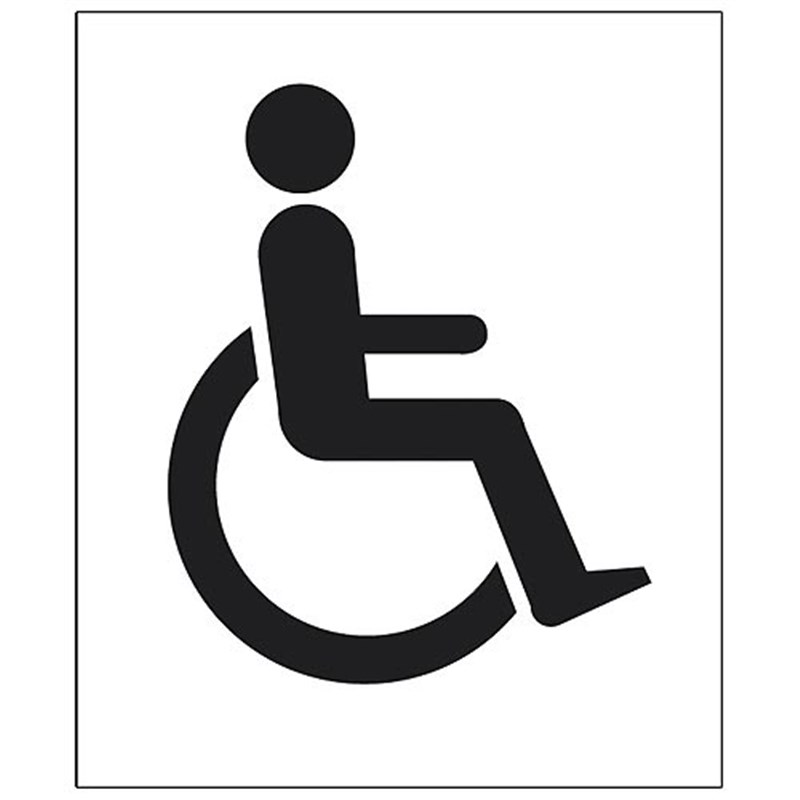 If someone is different (especially if they are inferior somehow), he will turn against that person rather than seek any good from their differences.
If someone is different (especially if they are inferior somehow), he will turn against that person rather than seek any good from their differences.
8) Jealous.
Prideful people are envious of others and want to tear them down because those people have something good that proud people don’t get for themselves.
When someone does something right, a prideful person thinks it is bad because it makes him look bad for not doing as well himself. So he gets upset at the success of others and tries to make them feel guilty for shaming him.
Likewise, a prideful person feels bitter when someone gets a gift or good fortune that he did not receive. He is jealous of what others have or do and does not rejoice for them.
They look at others with resentment when they are happy or doing well somehow—especially by having a better spouse or better kids or more money or a better job than the proud person himself has.
9) Bullying.
Prideful people don’t like it when they feel small, so they will bully others into making themselves feel bigger. They are overbearing and tyrannical with those who don’t think or act as they do to maintain their ego.
They are overbearing and tyrannical with those who don’t think or act as they do to maintain their ego.
They are domineering and controlling with those around them who need guidance and training rather than bullying statements or commands to obey blindly without question.
10) Having an attitude of superiority.
A proud person believes that he is superior to others in some way and thus looks down on them with scorn or contempt or something worse. He may not express this directly, but it will likely eventually come out in abusive words or deeds if this view lurks under the surface.
Some people are proud of their money, success, social status, intelligence, physical characteristics such as strength or beauty (especially when they do not deserve these advantages), etc. These things can make a person feel superior and treat those who have less poorly to make himself feel better about himself.
Why is pride so sinful?
There is nothing wrong with being proud of what you have achieved.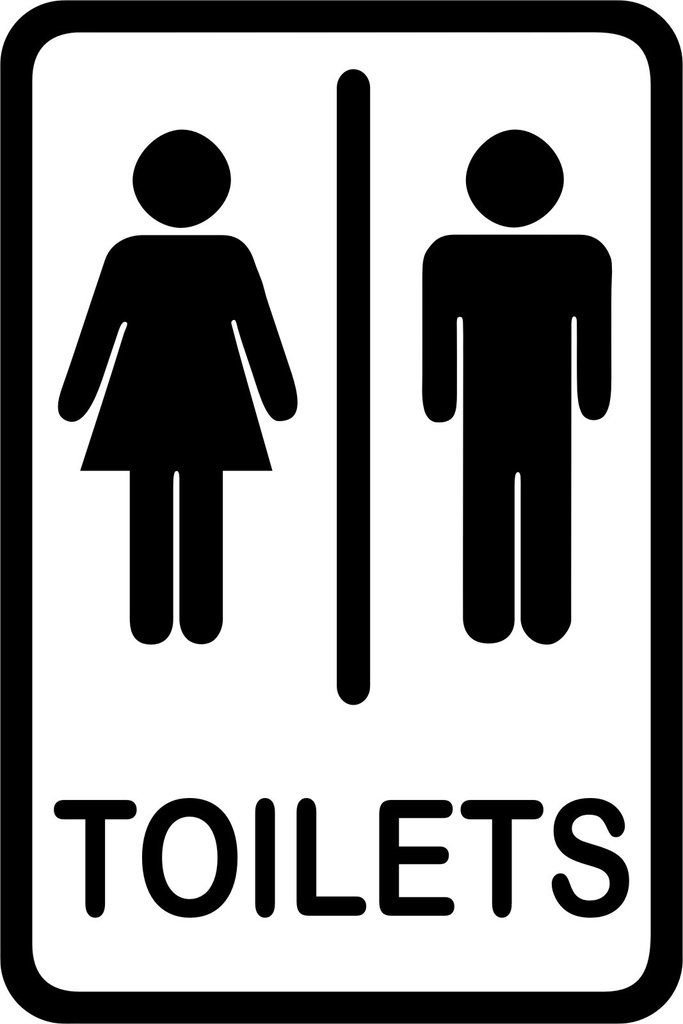 For example, a good parent is proud of their child when they do well in school or win a sports competition. Likewise, you may be very proud of your car, house, or job, and rightly so – they are all achievements that deserve to be praised.
For example, a good parent is proud of their child when they do well in school or win a sports competition. Likewise, you may be very proud of your car, house, or job, and rightly so – they are all achievements that deserve to be praised.
But pride can become a sin when it turns into arrogance.
The Apostle Paul, who wrote most of the New Testament, was an incredible man. He helped change the world with his writing and preaching and even had churches planted in some of the most difficult places like Corinth and Rome.
Yet he writes to Timothy, ‘I have fought the good fight, I have finished the race, and I have remained faithful.’ (2 Timothy 4:7) – this is a humble statement from someone who has done so much for God’s kingdom.
Pride causes us to think that we are better than others or that what we do is more important than others. It makes us believe that our achievements are entirely our own doing rather than recognizing the hand of God along the way. Pride stops us from thanking Him for His grace.
When we are proud of our achievements, it becomes difficult to accept criticism or negative feedback because we don’t think we need any help.
Pride stops us from serving others. When someone is arrogant, they think they are better than everyone else – so why serve others? They will look down on you for doing menial tasks, whereas if you were humble, you would serve others and do menial tasks out of obedience.
Pride can indeed be a sin when we are proud of our achievements, but it can also be a sin when we are proud about who we are rather than what we do.
It’s okay to say ‘I am good at mathematics’ or ‘I am an amazing singer,’ but if this becomes more important to us than saying, ‘Jesus sacrificed His life for me, and I have come to love Him deeply,’ then pride has set in.
Pride stops us from being thankful for the incredible grace that God has given us. When someone is arrogant, they think nothing of thanking Jesus for anything – because they consider themselves so great! But if you were truly humble, you would be thankful for every blessing that comes your way, whether it be something as small as a cup of water or something great like the life of Jesus.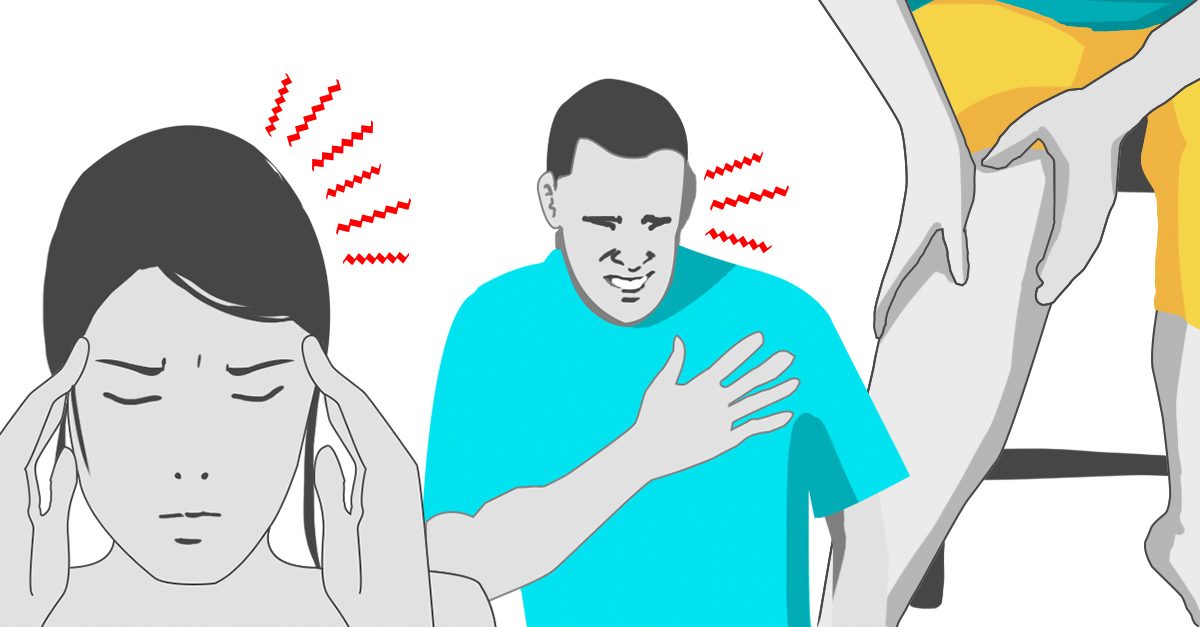
What do the Bible verses say about pride?
In his pride the wicked man does not seek him; in all his thoughts there is no room for God. (Psalm 10:4, NIV)
All who fear the LORD will hate evil. Therefore, I hate pride and arrogance, corruption, and perverse speech. (Proverbs 8:13, NLT)
Pride goes before destruction, a haughty spirit before a fall. Better to be lowly in spirit along with the oppressed than to share plunder with the proud. (Proverbs 16:18-19, NIV)
In his pride the wicked man does not seek him; in all his thoughts there is no room for God. (Psalm 10:4, NIV)
All who fear the LORD will hate evil. Therefore, I hate pride and arrogance, corruption and perverse speech. (Proverbs 8:13, NLT)
And he gives grace generously. As the Scriptures say, “God opposes the proud but gives grace to the humble.
” (James 4:6, NLT)
do not be arrogant toward the branches. If you are, remember it is not you who support the root, but the root that supports you. Then you will say, “Branches were broken off so that I might be grafted in.” That is true. They were broken off because of their unbelief, but you stand fast through faith. So do not become proud, but fear. (Romans 11:18-20, ESV)
One’s pride will bring him low, but he who is lowly in spirit will obtain honor. (Proverbs 29:23, ESV)
When pride comes, then comes disgrace, but with humility comes wisdom. (Proverbs 11:2, NIV)
The LORD detests all the proud of heart. Be sure of this: They will not go unpunished. (Proverbs 16:5, NIV)
Live in harmony with each other. Don’t be too proud to enjoy the company of ordinary people. And don’t think you know it all! (Romans 12:16, NLT)
Where there is strife, there is pride, but wisdom is found in those who take advice.
(Proverbs 13:10, NIV)
Let someone else praise you, not your own mouth— a stranger, not your own lips. (Proverbs 27:2, NLT)
Haughty eyes, a proud heart, and evil actions are all sin. (Proverbs 21:4, NLT)
Humble yourselves before the Lord, and he will lift you up in honor. (James 4:10, NLT)
Evaluate Your Heart
Many other things could give you a hint that pride is attacking you. The bottom line here is your motivation. If you do things out of selfish ambitions, then you are definitely prideful.
To prevent pride from overcoming you, you must check your motives daily. It is important that you keep your feet on the ground, no matter how high you have reached already.
God knows your heart, and if it is full of pride, He might teach you some lessons. Remember, the Bible says in Luke 14:11, “For all those who exalt themselves will be humbled, and those who humble themselves will be exalted. ”
”
- Create A Simple Daily Success Routine To Transform Your Life
Introducing ‘The Amazing Routine’ – Boost your Happiness, Confidence, Focus, Motivation, and Power. - Life Mastery – Happiness, Health & Success
Practical techniques to successfully master work-life balance, happiness, and goal setting; If you feel like things aren’t turning out as you’d dreamed, you want to progress faster, or you’re overwhelmed with stress and worry, then this course will CHANGE YOUR LIFE.
* As an Amazon Associate I earn from qualifying purchases.
Gift ideas to help you to be a humble person:
* As an Amazon Associate I earn from qualifying purchases.
ALSO READ:
How to be a Humble Person: 20 Ways to Get Rid of Pride
Cyril Abello
Joan is a freelance blogger who loves writing about personal development. She also loves learning and teaching languages. A Communication Arts graduate, she now pursues a masters degree in Language Teaching. She is into mobile photography, writing poems, and reading for leisure.
15 Subtle Signs of Pride In Your Life
How do you measure pride in your life? This article provide 15 not so obvious ways to assess the level of pride present in our lives.
I STRUGGLE WITH PRIDE! There, I said it! Many of us would like to think of ourselves as humble individuals. But the more you walk with Jesus the more He shows you the areas you need to grow in. You might be surprised to know that there are many ways that pride can creep into our lives and I want to caution us all to be on guard against these. I think it’s safe to say that God HATES pride because it reminds Him of the original sin in heaven when Lucifer sinned and became Satan (Eze. 28:12-15; Isa. 14:12-15; Rev. 12:1-3). The following is a checklist of 15 indicators as to how pride can manifest itself in our lives. As you read this I encourage you to take an honest assessment as to whether these actions or mentalities are consistently manifested in your life. Here we go!
I think it’s safe to say that God HATES pride because it reminds Him of the original sin in heaven when Lucifer sinned and became Satan (Eze. 28:12-15; Isa. 14:12-15; Rev. 12:1-3). The following is a checklist of 15 indicators as to how pride can manifest itself in our lives. As you read this I encourage you to take an honest assessment as to whether these actions or mentalities are consistently manifested in your life. Here we go!
When you immediately tune someone out who starts teaching you something that you may be somewhat familiar with, that is an example of pride. It is the assumption that you know everything about the subject being communicated and that this person, whom you see as inferior in knowledge to you, cannot teach you something new.
When someone asks you to do something and your immediate thought is, “I, out of all people, shouldn’t have to do that. That task is for someone else.” That is a sign of pride that we should consider dealing with. Next time this thought arises ask yourself,
Next time this thought arises ask yourself,
If Jesus was willing to leave heaven and come to earth for me, then who am I to say I am too good to do what someone asks me to do?
There is something to be said for independence. However, there are times in life when we must all admit that something is beyond our capacity and that we need help. The unwillingness to recognize our own shortcomings and need for help is a sign of pride.
Have you ever been in a group where someone feels the needs to dominate the conversation and seemingly spill everything they know without giving other people the opportunity to share? Sometimes this can be a sign of pride because when a person knows something that they know most other people don’t know much about, it creates a sense of pride within them.
When you talk a lot about your accomplishments, your education, title, position, and/or financial status, that is a sign of pride. The Bible says, “Be quick to listen and slow to speak…” (James 1:19). When we talk about ourselves a lot it reveals that we have not yet learned how to come up out of ourselves and focus on the interests of others (Phil. 2:3).
This one is subtle because a person can appear to be humble and caring on the outside. However, in their minds they secretly think they are better than other people who may have different backgrounds, cultures or experiences than they do.
This has its root in thinking you have all the answers to life and you somehow don’t need or see the value in other people’s perspectives. It carries the idea that you believe you can be successful and accomplish your goals without the counsel of others.
This is when we tend to put others down often because there is a deep-seated need for us to feel better about ourselves. People who are critical are that way because they secretly see themselves as exempt from the very same things they criticize others.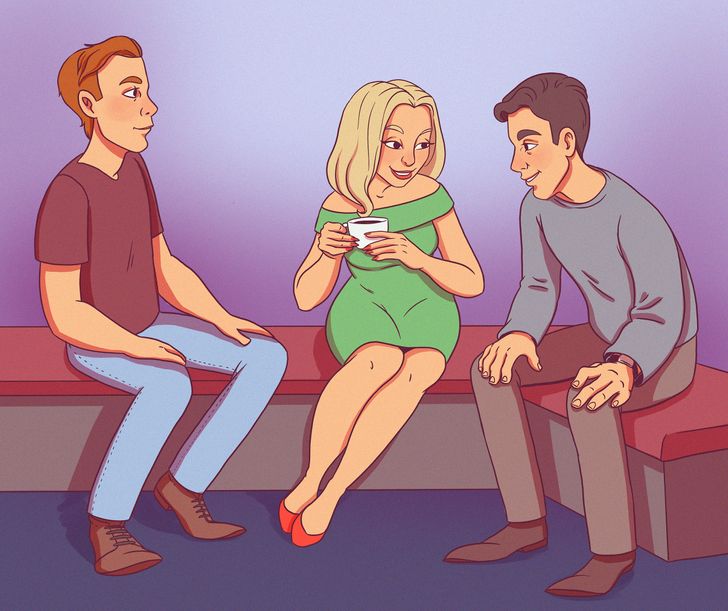 This is pride.
This is pride.
When someone constantly needs to be the center of attention in public or secretly craves consistent affirmation for their accomplishments, looks, personality, serving, intelligence, and/or physique, this is a sign of pride.
When a person struggles to allow other people to speak into their lives and provide helpful feedback it is a sign of pride because they are too blinded by their own pride to see the value in what someone is sharing with them and how it can help make them a better person.
Certainly you should take care of yourself and exercise. But when a person is constantly obsessed with how they look and they like to flaunt their figure/physique in front of others with the hopes that people will notice and gawk at them, this is vanity which is yet another form of pride.
When a person is unwilling to submit to authority at work, church, at home or in any other relationship it is because deep within the person they believe they could make better decisions than the person God has placed over them.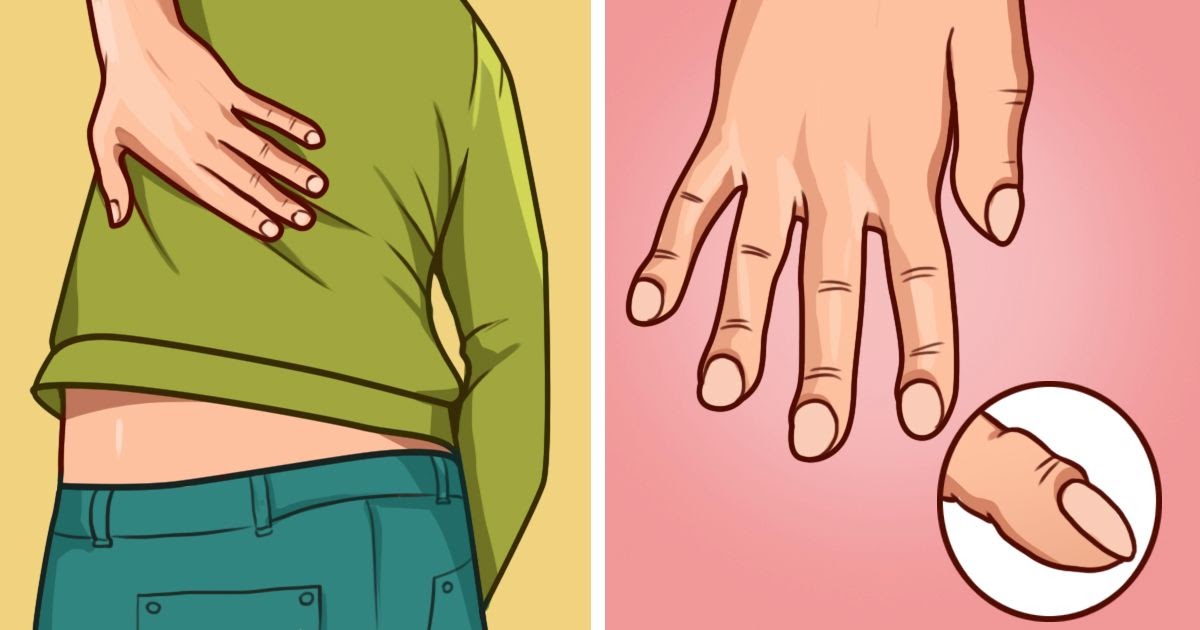 So, they submit outwardly but inwardly they struggle to accept the subordinate position they are in.
So, they submit outwardly but inwardly they struggle to accept the subordinate position they are in.
Ooowee! Yep, when you consistently blow people off who text or email you, you are essentially minimizing the importance of this person and their communication and saying to yourself that they are not important enough to invest your precious time into. We all get busy but acknowledging a person’s attempt to connect sends the message of importance to the other person.
When someone graciously points out a sin issue in your life and you get defensive and even start to justify it that is a dangerous place to be because if they’re using scripture to support then you are essentially saying that you know better than God.
When you consistently associate yourself with people who have prominent positions and publicly drop it in conversations in hopes that people will think you are equally as important as the people you associate yourself with, this is a very subtle form of pride.
Whew! So, as you can see pride is something that can creep into your life in various subtle ways. A great story in the Bible to study about pride is about a man named King Uzziah in 2 Chronicles 26. I encourage you read/study it in its entirety. Once again, I encourage you to check your heart against this list and ask God to help you identify some ways that you struggle with pride and how you can exhibit more humility in your life.
Portrait of a proud person, or manifestations of the passion of pride
Portrait of a proud person, or manifestations of the passion of pride
Hierodeacon Kirill (Popov) 57506
How does pride manifest itself? This can be compared to the growth of weeds: everything starts small, from a seed, but what kind of harmful plant will appear from it and how it will harm the good earth will become clear only with time. And it’s good if you manage to stop its growth in time, to distinguish the weed from the crops, without waiting for the most harmful manifestations of its essence.
Pride in a person multifaceted and has many manifestations. It is conditionally possible to identify hidden (latent) and pronounced signs of pride in a person.
Determination of manifestations of the passion of pride can be built on the basis of those principles that were noted by the saint Theophan the Recluse. He points out how pride manifests itself in relation to ascending to himself, to his neighbors and to God[1].
1. Self-centeredness
First manifestations of pride begin with a person's excessive concern for himself. Excessive self-love, fulfillment of one's whims, insistence on fulfillment of their own will testify that a person is distinguished by unreasonable and all-consuming love for oneself. It is constantly dominated by "desire eat and rest more than necessary” [2] , he does indulgences and privileges. It tends to be disposed towards convenience and comfort, the desire for something that can entertain or cheer him up: “I want to drink, I want get up, I want to read the newspaper" [3] . All these actions speak of self-will in a person. He defines for himself what to eat, how much to sleep, etc. Often, in need of something, such a person loses moderation in his desires: quenching his hunger or thirst, he cannot limit oneself in the amount of food or drink, "shows special tastes, capricious in food” [4] . He likes to talk about himself: how he slept, what he dreamed about and what happened to him, what are his needs and affairs [5] ; this also determines his desire to devote others to the circumstances of his spiritual life [6] .
All these actions speak of self-will in a person. He defines for himself what to eat, how much to sleep, etc. Often, in need of something, such a person loses moderation in his desires: quenching his hunger or thirst, he cannot limit oneself in the amount of food or drink, "shows special tastes, capricious in food” [4] . He likes to talk about himself: how he slept, what he dreamed about and what happened to him, what are his needs and affairs [5] ; this also determines his desire to devote others to the circumstances of his spiritual life [6] .
Other side, “temperance, diligence, thrift, patience, constancy give him the appearance of a strict executor of duties in relation to himself "[7], - St. Theophan says about the ascending man, who, according to the thought of the saint, only pretends to be pious, but in fact there is a desire inside earn praise to fuel their pride.The first manifestations of pride begin with a person's excessive concern for to himself.

In addition, the behavior of a proud person is manifested in talkativeness, curiosity, fussiness - in all this he seeks to show himself, to become noticeable. Priest Alexander Elchaninov notes that such a person is satisfied himself, often laughs, whistles, sings, snaps his fingers. Loves to seem original, to amaze with paradoxes, to be witty[8]. He talks with pleasure about his successes, deeds, his internal experiences, difficulties, even when it is not necessary.
Initiator time for himself, he expects a similar interest from others. For example, “collects his photographs from newspapers, although he knows that newspapers publish and photographs of criminals, and reads letters to everyone in which someone praises him. He annoys everyone, and everyone shuns him. He asserts his glory on the very unreliable foundation - on people's rumors" [9] .
Bishop Peter (Ekaterinovsky), highlighting the signs of pride in man in accordance with the property of one of the abilities of his soul, notes: in the mind - arrogant sophistication, high daydreaming about oneself, self-confidence; in will - willfulness, desire for independence, harassment to put things in their own way, arrogance; in the heart - self-gratification, the desire to live only for oneself, for one's own pleasure[10].Such a person turns out to be extremely dependent from someone else's opinion

- Features pride in a person in relationships with neighbors:
Dependency from someone else's opinion
A proud man strives to be noticeable, doing things for show, thereby he wants to achieve from others location, wants to hear praise addressed to him. Because such a person and this noted by saints and ascetics of piety, turns out to be extremely dependent on someone else's opinion. So, the priest Alexander Elchaninov says about such a person, that from someone else’s approval “it suddenly blooms, then withers and“ sour ””. On the painful experience of someone else's disapproval and remarks and the joy of praise Sheikhumen Savva (Ostapenko) also says: “From one disapproving word his mood quickly changes, and he becomes lethargic, and from praise again blooms like a “May rose” and begins to flutter like a moth” [11] . A similar reasoning can be found in the Monk Paisius the Holy Mountaineer: “Who broad heart, he can bear everything, but he who has a narrow heart is cowardly, because of one remark, one unpleasant event falls into despondency, cannot bear it" [12].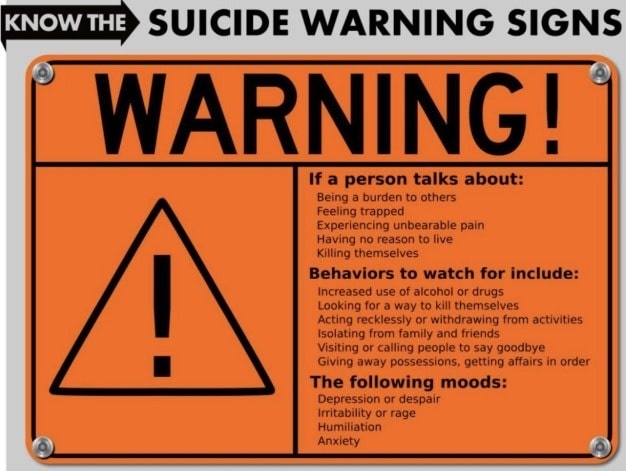 Narrow same heart becomes from the fact that now only the proud man's own "I" is placed there: “In the heart of a proud person, this own “I” occupies all space, and there there is no more room for God or neighbor.”[13]
Narrow same heart becomes from the fact that now only the proud man's own "I" is placed there: “In the heart of a proud person, this own “I” occupies all space, and there there is no more room for God or neighbor.”[13]
Suspicion and suspiciousness towards others
Gradually more and more self-confidence grows in a person, abilities, unwillingness to hear disagreeing with one's own idea of the opinion of others. So proud a person is afraid of being ridiculed, because he does not see shortcomings in himself, he believes exemplary in every way. “What hinders us most in our search for God is fear of being ridiculed. Our pride, stubbornness, desire for self-affirmation stand up to sharp criticism and direct attacks, endure dislike and rejection. But it is extremely difficult to endure ridicule"[14], writes Metropolitan Anthony of Surozh. From a misconception about the people around in a proud person, suspiciousness arises in relation to neighbors, sometimes acquiring a delusional character of the expectation of evil or in general, or on a specific occasion.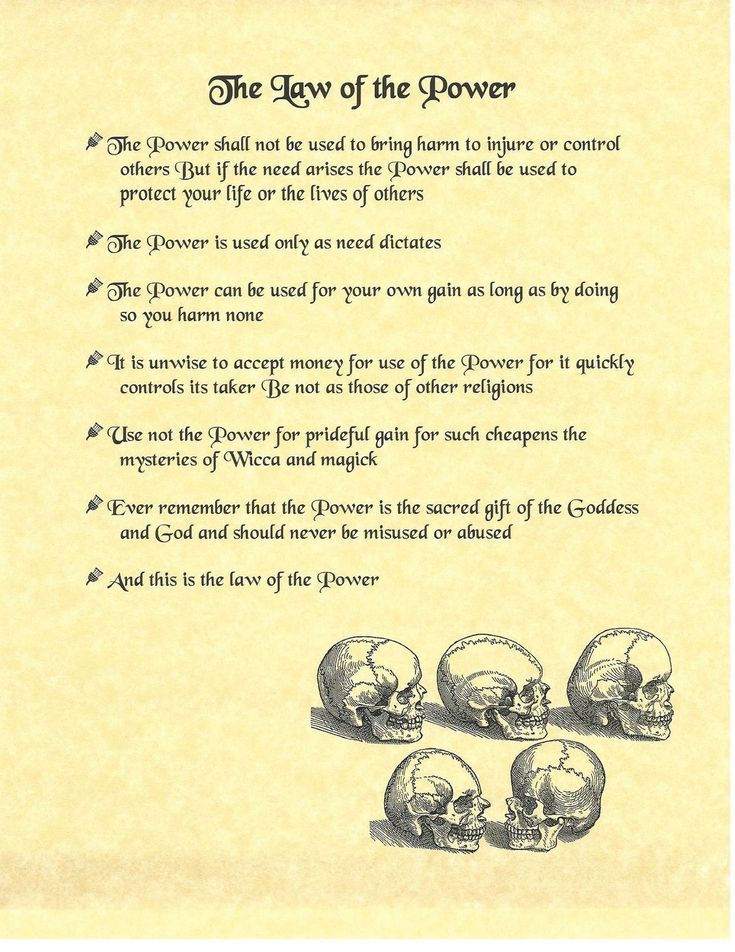 The expectation of evil comes from the environment. About me they say they are plotting something, a conspiracy is being prepared against me[15]. clergyman Alexander Elchaninov writes that if a person is suspicious ... then this is undoubtedly a sign of pride[16]. It seems to a person that the surrounding society thinks about him disapproving, condemning, talking behind his back.
The expectation of evil comes from the environment. About me they say they are plotting something, a conspiracy is being prepared against me[15]. clergyman Alexander Elchaninov writes that if a person is suspicious ... then this is undoubtedly a sign of pride[16]. It seems to a person that the surrounding society thinks about him disapproving, condemning, talking behind his back.
Intervention in the affairs of othersCleric Alexander Elchaninov writes that if a person is suspicious... then this is undoubtedly a sign of pride
Priest Alexander ElchaninovTagged St. Theophan trait of a proud man - the fact that he is “angry, arrogant and does not give himself rest”[17] is similar to the description of the inner world of a proud man, as about Priest Alexander Elchaninov speaks in it: “Willingly gives advice and in a friendly way interferes in other people's affairs, involuntarily reveals an exceptional interest in himself such phrases (interrupting someone else’s speech): “no, what can I tell you”, or “no, I I know the case better”, or “I have a habit”, or “I stick to the rule”, “I I have a habit of preferring”; makes different tricks to attract the attention of those present; likes to talk a lot, and in his conversation one can hear infinite "I""[18]. “A person encroaches on someone else’s will (not enduring the slightest encroachment on his own), disposes of other people's attention, time, forces, becomes impudent and impudent. Your own business is important, someone else's is nothing. He takes on everything, interferes in everything.]. With the exception of those cases when circumstances, commandments, conscience and so on require.
“A person encroaches on someone else’s will (not enduring the slightest encroachment on his own), disposes of other people's attention, time, forces, becomes impudent and impudent. Your own business is important, someone else's is nothing. He takes on everything, interferes in everything.]. With the exception of those cases when circumstances, commandments, conscience and so on require.
comparison yourself with others
In the next step, such a person begins to compare himself with other people. Pride is here stage still imperceptible. Saint Theophan the Recluse notes that “in this state of affairs, a person keeps in his head ... the thought that he is better than others, brightens up his shortcomings and always seems to himself good"[20]. At the same time, a proud person is distinguished by his unfair (usually low) opinion of others. During prayers in the church the proud person likes to look at others, observe them and condemn them. He willingly compares himself with others, finding only flaws in them and not recognizing for them no merit, attributing to them unseemly aspirations and intentions and even wishing them harm.
He willingly compares himself with others, finding only flaws in them and not recognizing for them no merit, attributing to them unseemly aspirations and intentions and even wishing them harm.
Neighbor neglect
When a person starts distinguish his person from society, then he begins to show indifference to near. Love for oneself destroys love for one's neighbor, as the reverend says. Paisiy Svyatogorets [21] . He gives a wonderful example of human indifference: “Recently in the hospital I was witnessed such a situation: it was necessary to raise a bedridden patient in order to transferred to another room, the nurse did not move, although it was his Job. "Not maybe my lower back hurts, he said indifferently! Yeah see man inhuman! And the pregnant nurse, along with another, took and transferred it. O they didn't think to themselves.
And she completely forgot that she was in a position, and rushed help!”[22].Enticing by his righteousness, the proud man rises above others, and sees them as less righteous or even great sinners
 Shiigumen Savva (Ostapenko) also tried on a life example show how a proud person manifests himself, regardless of life circumstances or natural needs: “Here we go to the store or to the market and want buy groceries or fruits. At the same time, we try to choose the best for ourselves, and which are worse left for others. Or there is a queue, and we are ahead we try to go ahead and get ahead of the queue, again we do what is best for ourselves, regardless of others; let them stand, as long as we get what we need…”[23].
Shiigumen Savva (Ostapenko) also tried on a life example show how a proud person manifests himself, regardless of life circumstances or natural needs: “Here we go to the store or to the market and want buy groceries or fruits. At the same time, we try to choose the best for ourselves, and which are worse left for others. Or there is a queue, and we are ahead we try to go ahead and get ahead of the queue, again we do what is best for ourselves, regardless of others; let them stand, as long as we get what we need…”[23]. Demanding of others
Sincere confidence proud in his superiority over others gives an incentive to command them. Schiegumen John of Valaam points to this distinctive feature: “We ourselves do not fulfill a single commandment, but from others we demand execution. Lord, "give me to see my sins and not condemn my brother”[24]. From You can hear the proud man: “I want it so much,” says one, “But it’s different for me,” another says. Everyone strives for what pleases him" [25] .
Everyone strives for what pleases him" [25] .
Hate
On At this stage, pride begins to manifest itself openly in hatred of one's neighbor, in anger, irritability, vexation, malice, envy, vindictiveness, resentment, enmity. In his aggressiveness and disrespect for his neighbor, a person begins to be rebuffed. He watches others very closely, and gives them a not very good rating. This happens because, deceived by their righteousness, the proud person rises above others and sees them as less righteous or even great sinners. He hates his neighbor, despises him, does not descend to infirmities. Saint Basil the Great says that pride is expressed in hatred and contempt for others...[26] She doesn't tolerates controversy, because it touches a proud person and in him anger and irritability begin to act. In his letter to the monk Nicholas, the Monk Mark the Ascetic speaks of that “anger and irritability are drunk with the evil water of pride”[27].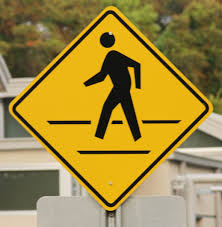 The Optina elders also point to this peculiarity: for example, Saint Macarius Optinsky, says that such manifestations as anger are the product of a God-hating passions of pride [28] .
The Optina elders also point to this peculiarity: for example, Saint Macarius Optinsky, says that such manifestations as anger are the product of a God-hating passions of pride [28] .
Murmur
Always proud grumbles. Murmuring is manifested in the fact that a person shifts all responsibility for their suffering on others, and in the end - on God. At the same time, he considers himself innocently suffering and complains all the time, scolds those who, in his opinion, are to blame for his suffering - and "guilty" becomes more and more as how a person sinks deeper and deeper into grumbling and embittered. Saint Ambrose Optinsky writes: “From pride comes anger, from pride condemnation and censure others, from him indignation, and grumbling, and self-justification, and not wanting anything be patient"[29].
Self-justification and self-confidence
In relations with neighbor a person wants to defend his own rightness; or wants to be thought of better than he is; or at least thought exactly what he was represents actually.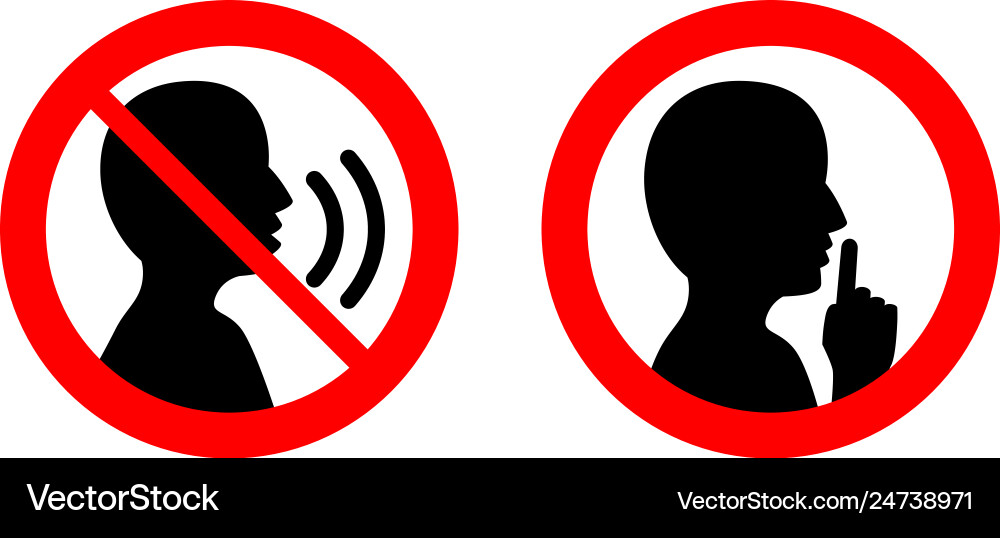 [30] Obeying ... advice, a person is first convicted by his conscience, but at the same time in him gradually develops self-justification and an attempt to find mitigating for oneself circumstances[31], to present yourself in the best light. Priest Alexander Elchaninov gives advice to pastors on how to recognize the sign of a hidden self-love in a person at confession. If a person in confession seeks self-justification, attempts to explain confessor “extenuating circumstances, refers to third parties who led into sin, lack of deep repentance (no tears), continuing in sin, it all speaks of self-love" [32] .
[30] Obeying ... advice, a person is first convicted by his conscience, but at the same time in him gradually develops self-justification and an attempt to find mitigating for oneself circumstances[31], to present yourself in the best light. Priest Alexander Elchaninov gives advice to pastors on how to recognize the sign of a hidden self-love in a person at confession. If a person in confession seeks self-justification, attempts to explain confessor “extenuating circumstances, refers to third parties who led into sin, lack of deep repentance (no tears), continuing in sin, it all speaks of self-love" [32] .
For the feeling of being right in the heart of the proud self-confidence creeps in. The infallibility of his actions is a guarantee of stability. The feeling of rightness is at the head of this proud manifestations. Making mistakes is possible, but the self-confident will never the culprit, he looks for guilt in other objects - people, machines, computers, etc.envy there is sorrow for the well-being of one's neighbor

Resentment and revenge
St. rights John of Kronshdatsky Where there is self-esteem personality is excessively high, resentment always arises. Such a person sees everything unfair treatment of oneself. His resentment is a desire for a better attitude towards himself than what which he sees. Of course, a person is offended when he considers himself deserving of better treatment when he is not treated as well as he is to him seems fair and right. Saint Simeon the New Theologian writes: “Whoever, being dishonored or vexed, is very sick of this heart, let it be known to man that he carries the ancient serpent (pride) in his bowels. If he begins to endure insults in silence, he will make this serpent weak and relaxed…”[33] Holy Righteous John of Kronstadt, asking the question: how do you know that you are proud? - he answers himself, “that it can be found out if someone of my acquaintances will treat me dryly and carelessly, and I will be offended by this: this means that I am proud and proud.![]() If a rough word offends me, then also that I'm proud. If someone objects to me, and I am offended and annoyed by it, I am also proud. Wounded pride breeds revenge. A proud man is looking for different ways in order to take revenge on his offender. Saint Tikhon writes: “The proud does not tolerate offenses, but takes revenge or wants revenge.
If a rough word offends me, then also that I'm proud. If someone objects to me, and I am offended and annoyed by it, I am also proud. Wounded pride breeds revenge. A proud man is looking for different ways in order to take revenge on his offender. Saint Tikhon writes: “The proud does not tolerate offenses, but takes revenge or wants revenge.
Envy
Seeing success and prosperity surrounding people, the proud begins to envy. Envy is, in fact, hidden hatred for another person who seems to be more successful. Because of this proud it is difficult to tolerate equals next to oneself, and even more so those who are better than him. Saint Basil the Great says that "there is envy sorrow for the well-being of one's neighbor"[36].
Arguments and quarrels, unwillingness give in
Rev. Macarius OptinskyTak how self-confidence is connected with the feeling of being right, it gives rise to an extraordinary dissatisfaction when meeting with disagreement and is expressed in disputes, quarrels[37]. So the Monk Macarius of Optina writes: “Quarrels and disputes, it’s true, for an empty come and come from nothing else but pride”[38]. St. Ambrose of Optina also highlights arguing as a symptom of a proud man: “Goose, when it happens something not for him, raises his wings and shouts: “Kaga! whoa!” So proud if it has any significance in its circle, it often raises its voice, shouts, argues, argues, insists on his opinion. But if one who is afflicted with pride in does not have any weight and significance, then from inner anger hisses at others like a goose sitting on eggs, and whom it can bite, it bites ... "[39].
So the Monk Macarius of Optina writes: “Quarrels and disputes, it’s true, for an empty come and come from nothing else but pride”[38]. St. Ambrose of Optina also highlights arguing as a symptom of a proud man: “Goose, when it happens something not for him, raises his wings and shouts: “Kaga! whoa!” So proud if it has any significance in its circle, it often raises its voice, shouts, argues, argues, insists on his opinion. But if one who is afflicted with pride in does not have any weight and significance, then from inner anger hisses at others like a goose sitting on eggs, and whom it can bite, it bites ... "[39].
A proud man does not want to repent in his actions, it is difficult for him to approach and ask for forgiveness, he is ashamed to stand on lap. He doesn't see himself as guilty. Metropolitan Anthony of Surozh remarks: “We our pride often prevents us from accepting forgiveness: how I will accept forgiveness, the most admitting that I'm really to blame? Sometimes it's hard to accept forgiveness precisely because of this pride, precisely because of what we do not want to be restored to our dignity by someone else's mercy; we want this dignity to have in oneself or to earn a right to it”[40].On the last stage of manifestation, the proud man breaks the connection with God.

3. Visible manifestation of pride in relationship with God.
B spiritual life, a proud person wants to show his prosperity, superiority. He does not expose his good deeds. But not just like that, but for to receive approval and appreciation. Such a person sees himself as great miracle worker, seer, exorcist. In the time of fervent prayer desires to be seen praying.[41]
Others accept spiritual exploits as the goal of their lives. This is where the wrong comes from. understanding of asceticism. In one of his letters, Saint Theophan speaks of a man who was proud that he was worthy of weeping in prayer. "And what did you think to be conceited?! With tears! Tears are crying for sins. When vanity comes from behind tears, you will look at the sins, and say to your soul: look what you have piled up! Is there anything to be proud of?!... This feeling is the most dangerous.”[42]
Finally, at the last stage of manifestation, the proud breaks connection with God. Priest Alexander Elchaninov writes that this At the stage, a person “allows himself everything: sin does not torment him, he becomes a habit ... The state of the soul is gloomy, hopeless, loneliness is complete, but at the same time sincere conviction in the rightness of one’s path and a sense of complete security”[43]. Human, who is puffed up at people will be puffed up before God. "The one who despises his own kind, he will gradually come to the contempt of God Himself. Such a person relies solely on his mind and on his abilities.
Priest Alexander Elchaninov writes that this At the stage, a person “allows himself everything: sin does not torment him, he becomes a habit ... The state of the soul is gloomy, hopeless, loneliness is complete, but at the same time sincere conviction in the rightness of one’s path and a sense of complete security”[43]. Human, who is puffed up at people will be puffed up before God. "The one who despises his own kind, he will gradually come to the contempt of God Himself. Such a person relies solely on his mind and on his abilities.
Not recognizing no authority but his own, the proud man begins blaspheme God... St. John Chrysostom writes that from arrogance comes blasphemy (ungodliness, wrong feelings towards God, rebellion against God)[45]. For it is natural that “when evil from self-love grows progressively, then comes to rebellion against God,” says the blessed Theophylact[46].
latest a manifestation of pride is its ability to drive the mind of a person into a frenzy, darkening it and eclipsing prudence, when a person, not noticing his shortcomings, considers himself not requiring Divine help. Evagrius of Pontus writes that the manifestation of pride is the frenzy of the mind, madness. That's how Saint Ignatius describes a man in a state of insanity: “He doesn’t eat, doesn’t drink, doesn’t sleep, in winter he walks in one cassock, wears chains, sees visions, teaches and denounces everyone with bold impudence, without any correctness, without sense and meaning, with bloody, material, passionate excitement ... Holy, yes but only!".Last Manifestation pride is its ability to drive a person's mind into a frenzy, clouding his and eclipsing prudence.

St. Ignatius (Bryanchaninov) As a result, the proud man says: I believe in this, but it doesn’t, or it starts to come up with some of its own theories and deviations. From here conclusion: pride gives birth in a person to false ideas about God, the Church, creeds. Since the proud do not recognize the Teachings of the Church, the saints fathers, he relies solely on his mind and falls into various delusions - goes into sects, creates schisms. Saint Ignatius (Bryanchaninov) writes about the only way, protecting from heresies, indicating the reasons for deviation into heresy - pride, self-indulgence, arrogance, self-indulgence, self-will, disobedience: “... the only the infallible path to salvation is steadfast adherence to the teachings of the Holy Fathers while resolutely avoiding any teaching of an outsider, from his own understanding, until the understanding is healed of its disease and is made of carnal and spiritual - spiritual" [47] .
Saint Ignatius (Bryanchaninov) writes about the only way, protecting from heresies, indicating the reasons for deviation into heresy - pride, self-indulgence, arrogance, self-indulgence, self-will, disobedience: “... the only the infallible path to salvation is steadfast adherence to the teachings of the Holy Fathers while resolutely avoiding any teaching of an outsider, from his own understanding, until the understanding is healed of its disease and is made of carnal and spiritual - spiritual" [47] .
In summary, it should be noted that all of the above possible manifestations of the passion of pride in a person are not are limited to the indicated features. It is important to note that oriented orientation in understanding the essential signs of pride, hiding in a person will help the priest in his pastoral work. Shepherd must watch over his spiritual children and confess them in such a way to identify manifestations of pride and suggest a way to deal with non-specific manifestations, but with passion itself.
monk Kirill (Popov)
Key words: pride, interaction with passions, fornication, love of money, gluttony, despondency, sadness, anger.
[1] Theophan the Recluse, St. Collection of letters. Issue. 3M.: Tipo Lithograph. I. Efimova, 1898. - S. 346-347.
[2] Paisios Svyatogorets, st. The words. Passion and virtue. - M .: Holy Mountain, 2005. - S. 114.
[3] Colliander Т. Narrow way. Riga: Balto-Slavic Society for Cultural Development and Cooperation, 1992. - S. 25.
[4] Elchaninov Alexander Priest . Demon stronghold // Him. Entries. - M .: Edition of the Sretensky Monastery, 1996. - S. 167-173.
[5] Colliander Т. Narrow way. — Riga: Balto-Slavic Society for Cultural Development and Cooperation, 1992. - S. 12.
[6] Ibid. P.32.
[7] Feofan Recluse, St. The outline of Christian morality. 2nd ed. - M .: Tipo-Lithography I. Efimova, 1895. - S. 288.
The outline of Christian morality. 2nd ed. - M .: Tipo-Lithography I. Efimova, 1895. - S. 288.
[8] Elchaninov Alexander Priest. Demon Stronghold // Him. Entries. - M .: Edition of the Sretensky Monastery, 1996. - S. 167-173.
[9] Nicholas of Serbia, St. Missionary letters. - M .: Trinity-Sergieva Lavra, 2013. - P.68.
[10] Peter (Ekaterinovsky), bishop. Pointing out the way to salvation. ascetic experience. - M .: Siberian Blagozvonnitsa, 2011. - S. 143.
[11] Savva (Ostapenko), shiigum. The Seeds of Satan and the Love of Christ. About the main Christian virtues and pride. - M .: Inextinguishable Lampada, 2014. - S. 80.
[12] Paisius Svyatogorets, st. The words. Volume V. Passions and Virtues. - M .: Holy Mountain, 2008. - S. 204-205.
[13] Paisios of the Holy Mountain, St. Athos elder Hadji-George. 1809-1886. - M .: Holy Mountain, 2010. - S. 65.
- S. 65.
[14] Anthony Sourozhsky, Metropolitan Spiritual Journey (Reflections before Lent). - M .: Fund "Dukhovnoe legacy of Metropolitan Anthony of Surozh”, 2012. — S. 55.
[15] Vladislav Sveshnikov, Prot. Essays on Christian Ethics. - M .: Lepta book, 2010. - S. 102.
[16] Elchaninov Alexander Priest. Demon Stronghold // Him. Entries. - M .: Edition of the Sretensky Monastery, 1996. - S. 167-173.
[17] Theophan the Recluse, St. Inscription of the Christian moralizing. 2nd ed. - M .: Type-Lithography I. Efimov, 1895. - S. 288.
[18] Elchaninov Alexander Priest. Demon Stronghold // Him. Entries. - M .: Edition of the Sretensky Monastery, 1996. - S. 169-173.
[19] See there.
[20] Theophan the Recluse, St. Inscription of the Christian moralizing. 2nd ed. - M .: Tipo-Lithography I. Efimov, 1895. - S. 293.
[21] Paisius Svyatogorets, st. The words. Passion and virtue. - M .: Holy Mountain, 2008. - S. 38.
The words. Passion and virtue. - M .: Holy Mountain, 2008. - S. 38.
[22] Ibid.
[23] Savva (Ostapenko), shiigum. The Seeds of Satan and the Love of Christ. About the main Christian virtues and pride. - M .: Inextinguishable Lampada, 2014. - S. 236.
[24]Letters from the Elder of Valaam shegumen John. - M .: Sisterhood in the name of the Martyr Grand Duchess Elizabeth, 1996. - S. 80.
[25] Paisius Svyatogorets, st. The words. Volume V. Passions and Virtues. - M .: Holy Mountain, 2008. - S. 41.
[26]The creations of our Father's saints Basil the Great, Archbishop of Caesarea Cappadocia. 4th ed. Sergiev Posad. 1900. - Part 2. - FROM. 94.
[27] Mark the Ascetic, St. Epistle to monk Nicholas // Philokalia. T. 1. 3rd ed. - M., 1895. - S. 478.
[28] Collection of letters of blessed memory Optina Elder Hieroschemamonk Macarius. T. 4. - M .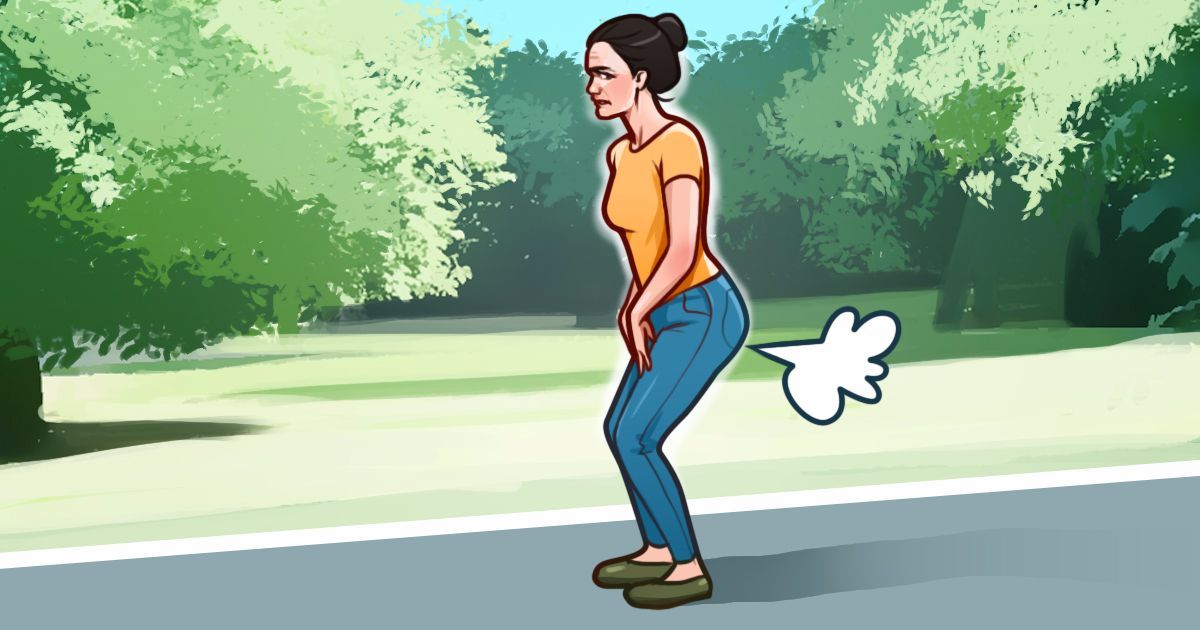 : Ed. Vvedenskaya Optina Deserts, 1862. - S. 139. (See also: St. Anatoly Optinsky writes: “If you show anger so strongly, grumbling, then this is a sure sign of a proud soul.
: Ed. Vvedenskaya Optina Deserts, 1862. - S. 139. (See also: St. Anatoly Optinsky writes: “If you show anger so strongly, grumbling, then this is a sure sign of a proud soul.
[29] Collection of letters from the Optina Elder Hieroschemamonk Ambrose to the laity. Part 2. - M .: Sergiev Posad, 1908. - P.97.
[30] Filimonov S., prot. Series of 8 brochures "Struggle against passions". The fight against passions based on the teachings of St. Fathers. Sermons of Archpriest Sergiy Filimonov. - St. Petersburg, 2010. - P.13.
[31] Paisius Svyatogorets, st. The words. Passion and virtue. - M .: Holy Mountain, 2008. - P. 49.
[32] Alexander Elchaninov, Rev. Orthodoxy for many. Fragments from the diary and other entries. — M.: Dar, 2013. — S. 248.
[33] Elchaninov Alexander Priest. Demon Stronghold // Him. Entries. - M .: Edition of the Sretensky Monastery, 1996. - S. 169-173.
[34] John Kronstadsky, right . My life in Christ. - M .: Siberian Blagozvonnitsa, 2010. - S. 53.
[35]Symphony based on the works of the saint Tikhon Zadonsky. Appendix to the master's thesis: "St. Tikhon Zadonsky and His Teaching on Salvation” by Associate Professor Archimandrite John Maslov. — Zagorsk, 1981. Vol. 1-5. - S. 1618.
[36] Saint Basil the Great. Conversations. — M .: Publishing House of the Moscow Compound of the Holy Trinity St. Sergius Lavra, 2001. - P. 73.
[37] Elchaninov Alexander Priest. Demon Stronghold // Him. Entries. - M .: Edition of the Sretensky Monastery, 1996. - S. 169-173.
[38] Collection of letters of blessed memory of Optinsky Elder Hieroschemamonk Macarius. T. 3. - M .: Ed. Vvedenskaya Optina Pustyn, 1862. - S. 148.
[39] Symphony based on the works of the saint Tikhon Zadonsky. Appendix to the master's thesis: "St. Tikhon Zadonsky and His Teaching on Salvation” by Associate Professor Archimandrite John Maslov. — Zagorsk, 1981. T. 1-5. — pp. 137–138.
— Zagorsk, 1981. T. 1-5. — pp. 137–138.
[40] Anthony Surozhsky, Met. . The joy of repentance. - M., 2003. - S. 10.
[41] Life of Hieroschemamonk Joseph. — M.: Ed. Vvedenskaya Optina Pustyn, 1993. - S. 76.
[42] Collection of letters of St. Theophan. Issue three. Edition of the Athos Russian St. Panteleimon Monastery. - Moscow. Typo-Lithography by I. Efimov, 1898. - C. 170-171.
[43] Elchaninov Alexander Priest. Demon Stronghold // Him. Entries. - M .: Edition of the Sretensky Monastery, 1996. - S. 167-173.
[44]The works of our holy father John Chrysostom, Archbishop of Constantinople, in Russian translation. T. 11. - St. Petersburg: St. Petersburg Theological Academy, 1905. - S. 804.
[45] Feofan Recluse, St. Commentary on Pastoral Epistles. - M .: Rule of Faith, 2005. - P. 756-757.
[46] Ibid.
[47] There are also separate classification of some holy fathers, ascetics of piety, church writers who identify their own criteria by which to consider self pride. A fairly complete diagnosis for identifying pride offers ascetic of piety Nizhny Novgorod Archbishop Jacob: “To understand, to feel her, notice how you will feel when the people around you do something not your way, against your will. If you are born first of all not the thought of meekly correcting a mistake made by others, but displeasure and anger, then know that you are proud and deeply proud. If even the slightest failure in your affairs they sadden you and make you bored and burdensome, so that the thought of The providence of God, participating in our affairs, does not amuse you, then know that you proud and deeply proud. If you are hot to your needs and cold to your needs others, then know that you are proud and deeply proud. If at the sight of trouble others, even your enemies, you are happy, but at the sight of unexpected happiness your neighbors are sad, then know that you are proud and deeply proud. If for you insulting and modest remarks about your shortcomings, and praises about unprecedented in your virtues are pleasant, delightful for you, then know that you are proud and proud deeply ”(Quoted from the book: Overcoming passion by ascetic and psychological methods / Shekhovtseva L.
A fairly complete diagnosis for identifying pride offers ascetic of piety Nizhny Novgorod Archbishop Jacob: “To understand, to feel her, notice how you will feel when the people around you do something not your way, against your will. If you are born first of all not the thought of meekly correcting a mistake made by others, but displeasure and anger, then know that you are proud and deeply proud. If even the slightest failure in your affairs they sadden you and make you bored and burdensome, so that the thought of The providence of God, participating in our affairs, does not amuse you, then know that you proud and deeply proud. If you are hot to your needs and cold to your needs others, then know that you are proud and deeply proud. If at the sight of trouble others, even your enemies, you are happy, but at the sight of unexpected happiness your neighbors are sad, then know that you are proud and deeply proud. If for you insulting and modest remarks about your shortcomings, and praises about unprecedented in your virtues are pleasant, delightful for you, then know that you are proud and proud deeply ”(Quoted from the book: Overcoming passion by ascetic and psychological methods / Shekhovtseva L. F. and coll. authors. — M.: Compound Trinity-Sergius Lavra, 2014. - S. 314.)
F. and coll. authors. — M.: Compound Trinity-Sergius Lavra, 2014. - S. 314.)
Exists See also the classification of manifestations of pride, compiled by Abba Serapion, where passion is divided into the following signs: contempt, envy, disobedience, blasphemy, grumbling, vilification. (See: Writings of the Reverend Father our John Cassian the Roman. 2nd ed. - M., 1892. - S. 54.)
Detailed classification of display of pride in man distinguishes St. Tikhon Zadonsky. The signs of pride are: does not submit to the highest; does not yield to equals and inferiors; proud pride, lofty and verbose; glory, honor and praise in every way looking for; highly exalts himself and his works; despises others and humiliates; looking for how to show himself; shamelessly praises himself; which he has no good, he attributes it to himself, and not to God; boasts of the good which he does not have; tries very hard to hide his shortcomings and vices; not suffers to be in contempt and humiliation; does not accept exhortations, denunciations, advice; arbitrarily interferes in other people's affairs; deprived of dignity or honor, and in other matters, misfortune grumbles, is indignant, and often swears; therefore, pride is angry, pride is envious: not wants someone equal to her and higher than her, to have equal or greater honor, and that she excelled everyone in everything.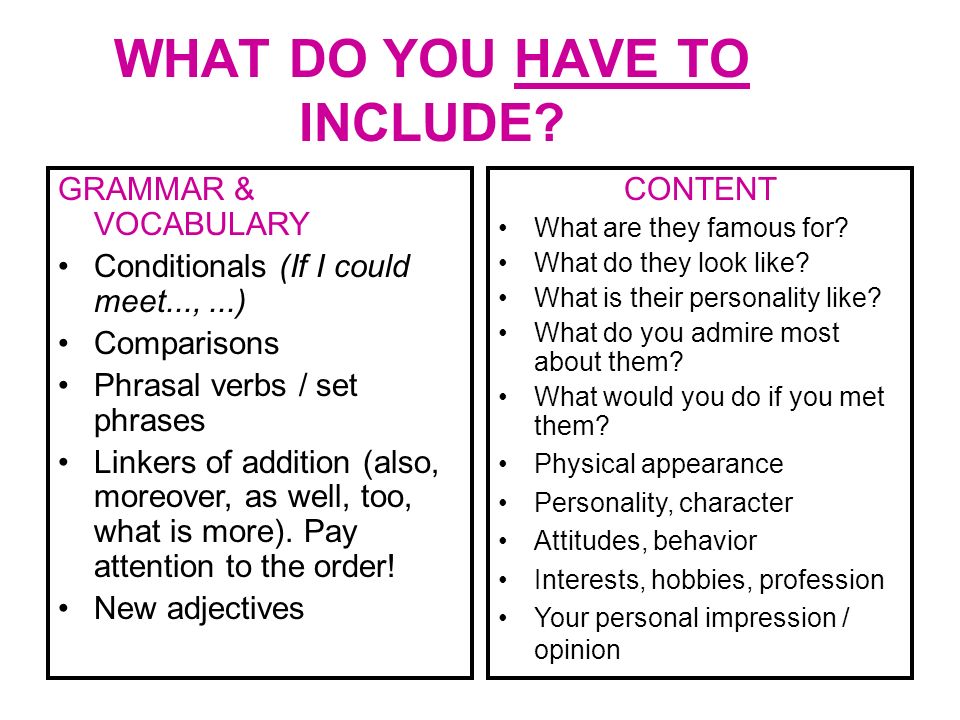 Pride is not inclined to love, hateful. (See: Creations like in the Saints of our father Tikhon of Zadonsk. Flesh and Spirit. Volume 1. - M., 2003. - pp.217-218.)
Pride is not inclined to love, hateful. (See: Creations like in the Saints of our father Tikhon of Zadonsk. Flesh and Spirit. Volume 1. - M., 2003. - pp.217-218.)
Archpriest Church Researcher Sergiy Filimonov identifies the following essential signs of pride: to measure by another measure, self-indulgence, self-pity, self-love, self-will, self-will, self-will, consumer attitude towards God, the Church and people, resentment, truth-seeking, self-justification, grumbling, proud stubbornly defends his opinion, does not tolerate superiority over himself, disobedient, envious. (See: Sergiy Filimonov, archpriest A series of 8 brochures "Struggle against passions". Fighting passions based the teachings of the Holy Fathers. Sermons of Archpriest Sergiy Filimonov. - St. Petersburg, 2010.)
Bishop Barnabas (Belyaev) in his book "Fundamentals of the Art of Holiness", based on the teachings of St. John Cassian, highlights signs of pride in a person: in a conversation slips loudness, in silence - annoyance, in merriment - a loud overflowing laughter, in sad circumstances - unreasonable grief, with answers - obstinacy, in speeches - frivolity, words break out without any participation of the heart, recklessly.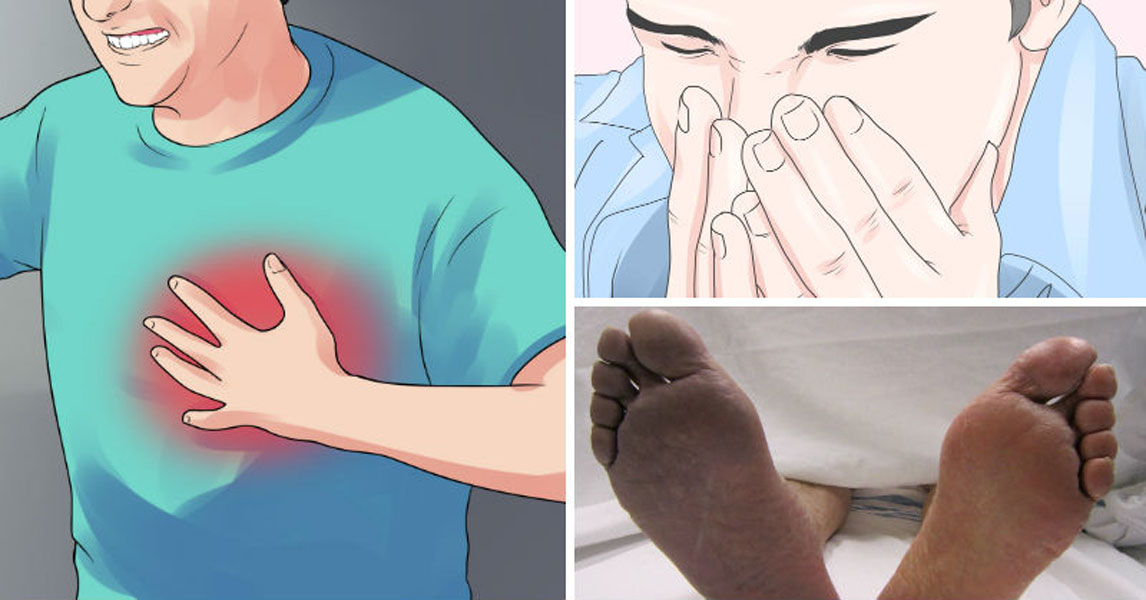 (See: Barnabas (Belyaev), ep. Fundamentals of the art of holiness. Experience of presentation of Orthodox asceticism. T. 1. - N. Novg.: Publishing house of the brotherhood in the name of St. book. Alexander Nevsky, 1995.)
(See: Barnabas (Belyaev), ep. Fundamentals of the art of holiness. Experience of presentation of Orthodox asceticism. T. 1. - N. Novg.: Publishing house of the brotherhood in the name of St. book. Alexander Nevsky, 1995.)
Priest Sergiy Dergalev believes that two striking manifestations can be distinguished: the first is contempt for one's neighbors; second - attributing good deeds to oneself. (See: Sergiy Dergalev, Rev. Introduction to Orthodox Asceticism. - Belgorod.: Edition Orthodox Youth Missionary Center of the Orthodox Gymnasium, 2005.)
Related news
“I will be like the Almighty”: the stages of development of pride from pride to blasphemy Hierodeacon Kirill (Popov) Like any other passion, pride, like a weed, takes root in a person gradually. Everything can start with a harmless and even, it would seem, sometimes necessary self-confidence, and end with a terrible arrogance, equal to revering oneself as the arbiter of human destinies, not to mention one's own. .. About pride for people who are rich, prosperous and have power, as well as for those who have children Hierodeacon Kirill (Popov) As already mentioned in previous articles, proud thoughts can arise in a person and take root in him due to various circumstances. At the same time, the root causes of the appearance of the passion of pride are the action of the devil and the inclination of man to sin. And the rest of its sources can be conditionally divided into two types: those related to the human body and those related to everything outside of it. About this is the article that you see in front of you. “The fight against passions and rooting in virtues according to St. Paisius of the Holy Mountain." Part 4: "How pride is conquered." Priest Vasily Rodionov How does pride manifest itself? Why is she terrible? What are the ways to deal with it? You can find answers to these questions in the fourth article of the cycle on passions and virtues, which includes the teachings of St.
.. About pride for people who are rich, prosperous and have power, as well as for those who have children Hierodeacon Kirill (Popov) As already mentioned in previous articles, proud thoughts can arise in a person and take root in him due to various circumstances. At the same time, the root causes of the appearance of the passion of pride are the action of the devil and the inclination of man to sin. And the rest of its sources can be conditionally divided into two types: those related to the human body and those related to everything outside of it. About this is the article that you see in front of you. “The fight against passions and rooting in virtues according to St. Paisius of the Holy Mountain." Part 4: "How pride is conquered." Priest Vasily Rodionov How does pride manifest itself? Why is she terrible? What are the ways to deal with it? You can find answers to these questions in the fourth article of the cycle on passions and virtues, which includes the teachings of St. Paisios the Holy Mountaineer.
Paisios the Holy Mountaineer. The Seven Hidden Symptoms of Pride
Pride will kill you. Forever and ever. Pride is the sin that most likely prevents you from acknowledging your desperate need for a Savior. Those who believe that they have no health problems will not go to see a doctor.
In terms of the degree of danger, pride is difficult to compare with anything else. When it comes to exploring our heart, it's a tough time for those of us who have pride. Pride affects our vision, forcing us to look at everything through a prism that embellishes and distorts reality. She paints even the ugliness of our sin with beautiful and laudatory colors.
We cannot say that we do not have problems with pride, because we do not see it in our heart. And these blissful moments when I pat myself on the back and say that everything is fine with me, it is these moments that should alert me the most. I need to put on the glasses of Christ's humility, remembering that nothing good lives in my flesh, and examine my heart for hidden pride and its symptoms.
In his essay on pride, Jonathan Edwards points out seven of its hidden symptoms.
1. Finding faults
While pride drives us to deny the evil within us, it also causes us to overlook the goodness of God in others. We "sift" people through the sieve of our perception and allow only their shortcomings to pass through. This is how we form our perception of others.
When I am listening to a sermon or studying a passage of Scripture, pride prompts me to avoid the "operation" that the Holy Spirit wants to perform on my heart and instead write a blog post or plan a possible conversation with someone who "really needs listen to it."
Edwards writes: “The spiritually proud person discovers this when he looks for faults in other saints... The humble Christian has much to do 'at home'. And since he sees a lot of evil in his life, he is in no hurry to deal with the hearts of other people.
2. Sharpness
Those who are infected with pride speak with contempt, irritation, disappointment and condemnation about the sins of others.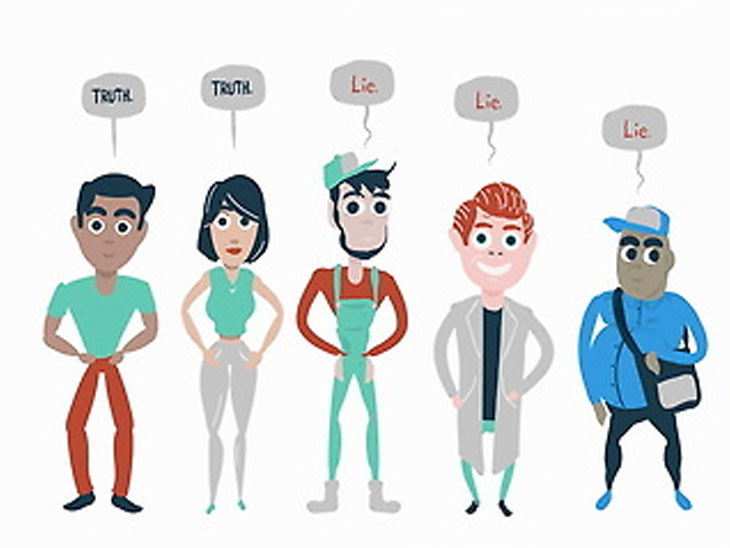 Pride hides behind the screen of our belittling of the spiritual struggles of other believers. She hides behind our jokes that make fun of our spouses. It can even seep into our prayers for friends.
Pride hides behind the screen of our belittling of the spiritual struggles of other believers. She hides behind our jokes that make fun of our spouses. It can even seep into our prayers for friends.
Again, Edwards writes: "Christians who are brothers should treat each other with humility and meekness, as Christ treats them."
3. Superficiality
When pride lives in our heart, we are more concerned about what others think of us than what actually happens in our heart. We fight only those sins that affect the opinion of others about us, but put up with those that no one sees. We achieve great success in those areas of holiness that are clearly visible to others, but care little about our inner "hidden places".
4. Defensive Behavior
Those who rely solely on the righteousness of Christ will find in it a safe haven from various attacks of people and Satan. True humility does not lose self-control and does not rush to the defense in the face of challenges and reproaches, but instead continues to do good, entrusting its soul to the faithful Creator.
Edwards says: "The more words are spoken against a humble Christian, the longer he will remain silent until he enters his 'secret place' and opens his mouth in prayer."
5. Self-confidence before God
Humility draws near to God with confidence based on Christ. If one of the elements (humility or confidence) falls out of this equation, then our hearts are most likely to be struck with pride. Some of us do not lack courage before God, but if we are not careful, we will forget that He is God.
Edwards writes: "Some, in great joy before God, forget what Psalm 2:11 says - 'Serve the Lord with fear and rejoice with trembling.'
Others feel insecure in the presence of God, which sounds like humility, but is actually another symptom of pride. At times like these, we demonstrate faith that our sins are greater than His grace. We doubt the power of the blood of Christ and look to ourselves and not to Christ.
6. Desire for attention
Pride desperately desires attention, respect and worship in all its forms.
This may take the form of boasting. It may be the inability to say "no" because of the desire to be needed. This may manifest as an obsessive desire to marry or get married, or dreams of a better marriage, due to the desire to be adored. This can be expressed as an obsession with having a more expensive car, a bigger house, a higher position, and all because of seeking glory from people and not from God.
7. Neglect of others
Pride is personable. It glorifies those who are honored by this world by giving more weight to their words, desires and needs. I feel awe when people in power notice me. We consciously or unconsciously bypass the weak, uncomfortable and unattractive, because we think that they have nothing to give us.
Perhaps many of us suffer from pride more than we think.
But there is good news for such people. The recognition of pride is the first signal of its end. This means that the war has already begun. Because only the Spirit of God, working in our hearts, humbles us, and then the veil of pride falls from our eyes and we see ourselves in the true light, recognizing our “sickness” and seeking healing.